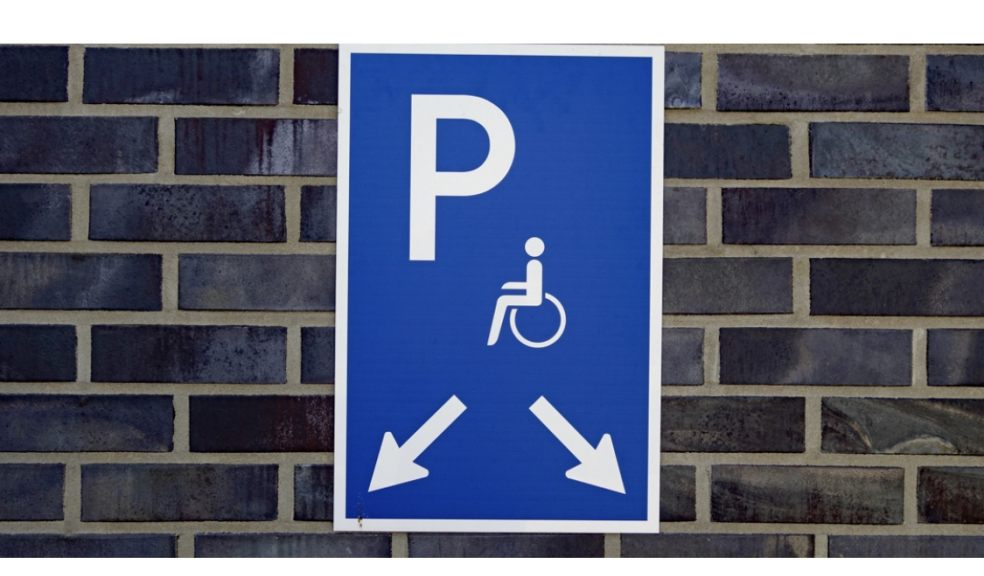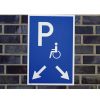
“Horrific parking situation” for disabled students University of Exeter
Disabled parking can come as a relief for many who struggle to access their university’s learning facilities and make the most of their educational resources. The Equality Act 2010 requires institutions and organisations to provide reasonable arrangements for those with disabilities. And yet, the University of Exeter is failing to do so, as told by members of the disabled community of students who have told their stories.
The BSI British Standards asserts that there should be a disabled parking bay for every disabled driver attending the facility, as well as further spaces for its visitors. Although Exeter prides itself on its inclusivity, it is not abiding by these requirements, and therefore blue-badge holders are struggling to make the most of their education.
“Parking is a real struggle,” says a second-year student with a government-issued disabled badge. “There are no student spaces, and I often can’t get a parking space due to university-issued disabled parking badges, or, more often, the campus security team parking in these spaces.”
When the university was contacted about the issue, the student was told that the service responsible for removing vehicles from disabled parking spaces was only available within a two-hour slot on Wednesdays.
“I personally think it’s ridiculous that the university has no power to remove these vehicles, unless contacted within a specific timeframe,” says the student.
It’s important to realise that in order to cater to all of its students, the University of Exeter needs to restructure its environment. As a result of the lack of available disabled spaces, students must either park far away from their intended destinations or must skip lectures and seminars altogether. The climb to campus is not just an inconvenience for handicapped students, but at times, an impossibility.
“There desperately needs to be more disabled spaces in better locations. For example, Peter Chalk is a nightmare to get to,” says another blue-badge holder. “There are a lot of places on campus where you end up still having to park far away because there aren’t enough spaces.”
When parking is unavailable or not close enough to campus, disabled students are left feeling frustrated and anxious. In order to receive their education, blue-badge holders with physical disabilities are being forced to exacerbate their disability on their way to campus, when scaling Exeter’s elevated and uneven landscape.
It’s also important to realise that not all disabilities are visible – many who suffer from crippling mental disabilities, such as severe anxiety, are also being forced to walk the distance. For these blue-badge holders, public spaces and the added stress of being late to a seminar, lecture or meeting, can cause further apprehension and psychological trauma.
It is unacceptable that these students are not being given the opportunity to receive the same education as those without disabilities. Exeter’s unsuitable adjustments are encouraging a separation between disabled and non-disabled students and perpetuating a segregation that can leave handicapped students feeling helpless and alone.
We must fight for these disabled students’ rights to feel as part of Exeter’s community as other students at the university. It is unfair that these students pay £9000 every year and are still finding it difficult to be included in the learning experience that many take for granted.
Disabled parking is not the only problem that the university needs to tackle in order to facilitate the needs of its handicapped students. Exeter still has a long way to go if it wants to ensure that all students can feel welcome in its facilities.
Written by Caroline Hug, www.carolinehug.com




















